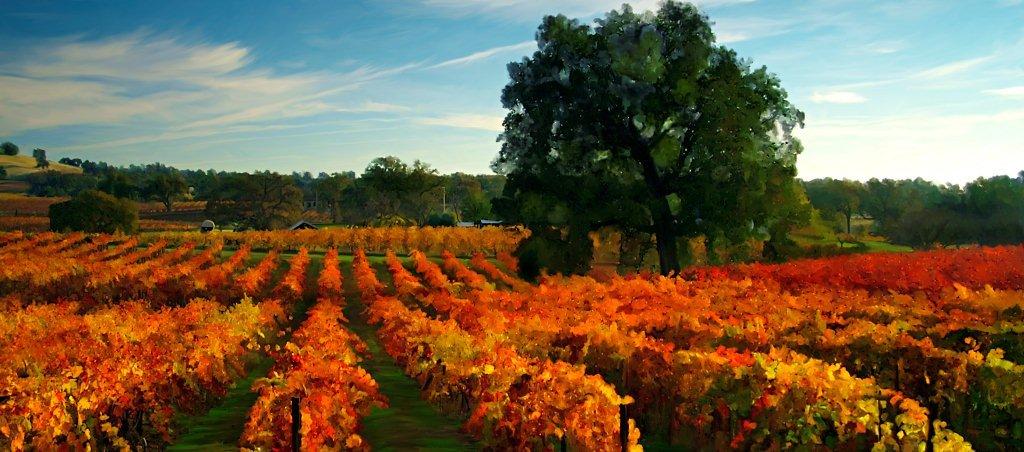
Happy Thanksgiving to everybody out there!
***
My column for Thanksgiving Day 2017 has now been published in the Deseret News:
“The miracle of Thanksgiving pies”
***
This is a Thanksgiving-season column that I wrote for Provo’s Daily Herald roughly ten or twelve years ago:
Modern people, especially city-dwellers, are often far removed from nature. Pollution and the glare of city lights obscure the stars. Air conditioning and automobiles allow us to ignore weather and natural obstacles. Food seems to come neatly packaged and at any season, routinely, from antiseptic supermarkets rather than out of the soil or from the slaughter of animals.
Ancient people, by contrast, were vividly aware of nature’s power over them—on a regular daily basis, and not merely, as with us, when an occasional earthquake or hurricane or tornado devastates a town or a blizzard closes an airport. The predictable regularity of the Nile flood was the exception among ancient peoples, and the Egyptian state likely owed both its origin and much of its stability to its priest-experts’ ability to foretell the rising of the waters. By contrast, the capricious Tigris and Euphrates rivers often devastated the peoples of the Mesopotamian flood plain.
Syria and Palestine, where the bulk of the biblical story is set, were not river-based economies, but instead depended heavily upon rain—which is notoriously indifferent to human schedules. The region’s precipitation came only in the winter; summer was utterly dry. The sirocco or east wind (from Arabic sharqi, “eastern”) could be a thing of terror, bringing gusts of searingly hot, dry air and sand from the vast, deadly deserts on the east. Accordingly, each year’s successful harvest was a benevolent miracle, a promise of continued survival, and a cause for celebration.
It is not surprising, therefore, that the most important of the Canaanite gods was Baal. He was a weather deity, associated with thunderstorms, the sending of rain, and fertility. The windows of his heavenly palace were the openings in the clouds, through which rain fell upon the earth. To this day, although they surely could not explain why, Syrian peasants refer to unirrigated land or to plants that flourish on only a natural water supply as “baal” or “baali.”
One of Baal’s titles was “Rider of the Clouds,” which also appears—attached, this time, to Jehovah or Yahweh—in the biblical Psalm 68:4. Indeed, some Israelites apparently identified Baal with Jehovah. (The word “Baal” simply means “Lord.”) Personal names including “Baal” appear many times in the Bible, often given by Israelites with seemingly strong religious credentials. Examples include a kinsman of King Saul and a leader of the tribe of Reuben, who both bore the actual name Baal; Saul’s son Eshbaal (“man of Baal”); and David’s son Beeliada. The dramatic (even hilarious) conflict between Elijah and the priests of Baal recorded in 1 Kings 18 was a dispute over which deity controlled the rain.
Baal’s greatest enemies were Yamm (“Sea”) and Mot (“Death”). According to legend, Baal actually died and returned to life—much like nature itself (and reminiscent of the Greek goddess Persephone, whose annual descent into the underworld and regular return to earth were thought to explain the seasons). His struggles with watery enemies left their mark in Israelite descriptions of Jehovah (as at Isaiah 51:9-10 and Psalm 74:13).
The greatest of the three annual “pilgrimage festivals” that required the presence of all Israelite men at the sanctuary of Jehovah was the Feast of Booths (or Tabernacles). It was clearly tied to the agricultural calendar. The other two festivals included the conjoined Passover and Feast of Unleavened Bread, celebrated roughly in the middle of the first month, Nisan—or, in other words, at the beginning of our April—and the Feast of Weeks, which occurred at the beginning of the wheat harvest. The Feast of Tabernacles—biblically, “the feast of God” or even simply “the feast”—occurred during the seventh month, in late September or early October, with the harvest and the in-gathering of produce. It was a joyous time of thanksgiving, and Israelites eventually came to see in it a foreshadowing of the day when all nations would be gathered to Jerusalem, to worship the true God (Zechariah 14:16).
When, at Thanksgiving and even at Halloween (with its pumpkins), we gratefully celebrate another year’s agricultural bounty, we do only what our ancestors have done for thousands of years: We acknowledge that our survival depends upon powers that, even today, we cannot control.










